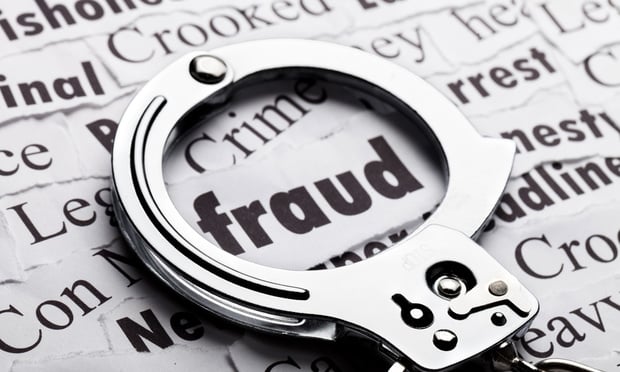Insurance industry representatives eying the Florida Legislature's work at the end of the 2006 session praised lawmakers for allowing more competition in insurers' rates and hoped it is the shape of things to come.
In the closing hours of the session late Friday, the legislature approved an omnibus property insurance reform bill that one lobbyist termed the most important state legislation for the industry since measures were passed in the aftermath of Hurricane Andrew in 1992.
Julie Pulliam, Atlanta-based representative of the American Insurance Association, said approval of the flex rating measure allowing carriers to adjust rates without regulatory approval within a limited percentage range was a “baby step” in the right direction.
“We believe the session showed that the state's political leadership recognizes that Florida's regulatory environment represents a huge “stop sign” for insurers and the capital they bring to the state,” she said.
Robert Hartwig, chief economist for the Insurance Information Institute in New York, said that until a truly open, competitive market exists, hurricane-prone structures will continue to be built since the owners will not have to pay the true cost of insuring them.
“This is the 'third rail' issue because no politician wants to jeopardize growth or development in their community,” he said.
Sam Miller, executive director of the Florida Insurance Council, said a new requirement for the state's residual property insurer, the Citizens Property Insurance Company, will be one step in shoring up its finances. The measure requires the company use the same 100-year probable maximum loss scenario for its high risk properties that private insurers use.
He added that the legislature's use of surplus sales tax revenues to subsidize Citizens' deficit represents an important precedent.
A provision excluding million-dollar homes from Citizens coverage also makes sense, according to Mr. Hartwig, as do the large rate increases, “as this gives the private sector more opportunities to compete…”
William Stander, regional representative for the Property Casualty Insurers Association of America (PCI), said a provision viewed as negative by insurers is one that requires private carriers to adjust Citizens' hurricane claims beginning in July of next year.
William Newton, executive director of the Florida Consumer Action Network, said the bill's strengthening of the Insurance Consumer Advocate office along with the exposure of the catastrophe model used to set rates are among the victories for consumers in the legislation.
Want to continue reading?
Become a Free PropertyCasualty360 Digital Reader
Your access to unlimited PropertyCasualty360 content isn’t changing.
Once you are an ALM digital member, you’ll receive:
- Breaking insurance news and analysis, on-site and via our newsletters and custom alerts
- Weekly Insurance Speak podcast featuring exclusive interviews with industry leaders
- Educational webcasts, white papers, and ebooks from industry thought leaders
- Critical converage of the employee benefits and financial advisory markets on our other ALM sites, BenefitsPRO and ThinkAdvisor
Already have an account? Sign In Now
© 2024 ALM Global, LLC, All Rights Reserved. Request academic re-use from www.copyright.com. All other uses, submit a request to [email protected]. For more information visit Asset & Logo Licensing.








